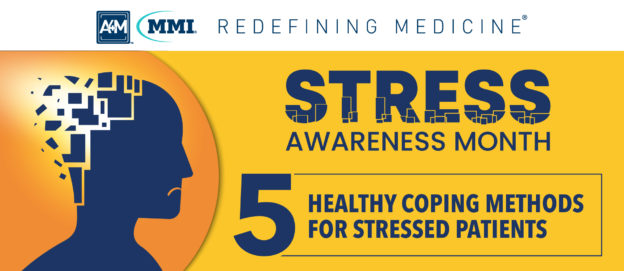There are approximately 85,000 man-made chemicals in the world, many of which the general population comes into contact with on a daily basis. However, only about 1% of these compounds have been evaluated for safety despite having a high potential of being noxious to human health.
Mounting evidence points to the harmful nature of a specific and prevalent group of chemicals – endocrine-disrupting chemicals, also known as EDCs. These compounds interfere with the functioning of the endocrine system and have been linked to adverse health effects, including congenital disabilities, tumors, reproductive issues, obesity, and more. Research cited by the Endocrine Society notes that the effects of certain endocrine disruptors can even carry across generations, signaling the need for increased public awareness and cautionary measures to prevent exposure.



